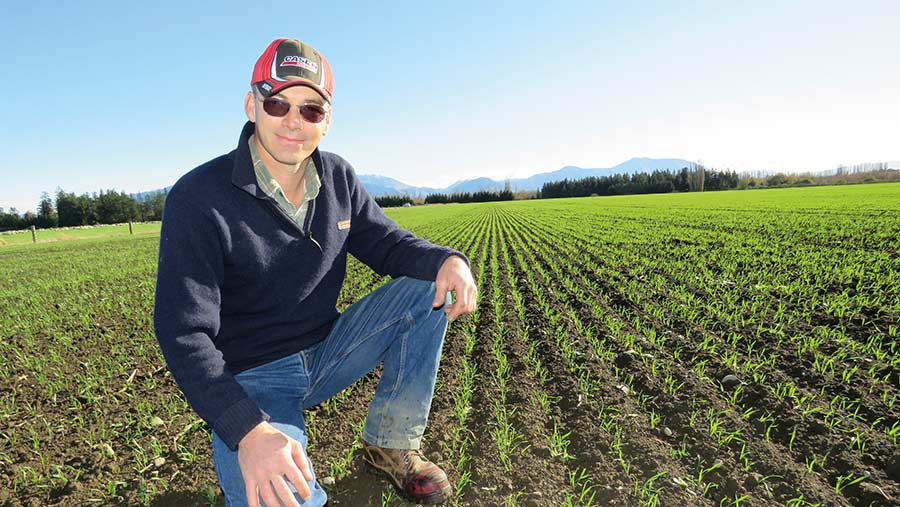Farmer Focus: Devastating flood impacts in the North Island
 © Andrew Swallow
© Andrew Swallow During mid-February, a cyclone originating in the tropical region of the Pacific Islands made its way to northern New Zealand, causing significant flooding.
It was a tragic event. The impact of up to 500mm of rain was devastating with loss of life and life-changing effects.
Slippage and erosion on hill country was severe, leading to the loss of bridges, culverts, tracks and fences. This has made access and stock management on farms very difficult and it will take years of work to fix the damage.
See also: What the neonics authorisation means for sugar beet growers
Out on the flat, water up to 3m deep in some areas destroyed houses, packhouses, farm buildings and ruined crops.
Many areas have seen silt deposition up to 2m deep, burying orchards, vineyards and grazing land. Some urban areas also received inundation from river breaches.
The road to recovery is going to be long and expensive, both on a government and personal level. Those folk directly impacted have my greatest sympathy.
The difficulty we now have is the focus of cause or blame.
The media, the political elite and the woeful left are all blaming climate change.
In my view that just gives the political class and all of society an excuse to exonerate themselves for any failure to plan, prepare or respond to living on a floodplain and managing the risks of river breach.
The Esk Valley, an epi-centre of damage, suffered a flood in 1938 that deposited metres of silt in places.
The regional council was warned some 10 years ago to carry out flood modelling to quantify hazard and had failed to do so.
The Heretaunga Plains have been formed by the deposition of silt over many thousands of years.
We have established communities on what is simply the current layer of silt. It is not inconceivable that another layer of silt will be deposited in the natural process.
So that is our challenge. How do we manage that risk of living in an active and changing landscape formed by the very processes that cause us damage?
While we may have a climate that is changing, this event was within scope of historic events, so is blaming climate change a cop-out from our responsibility to adapt to the environment in which we live?


